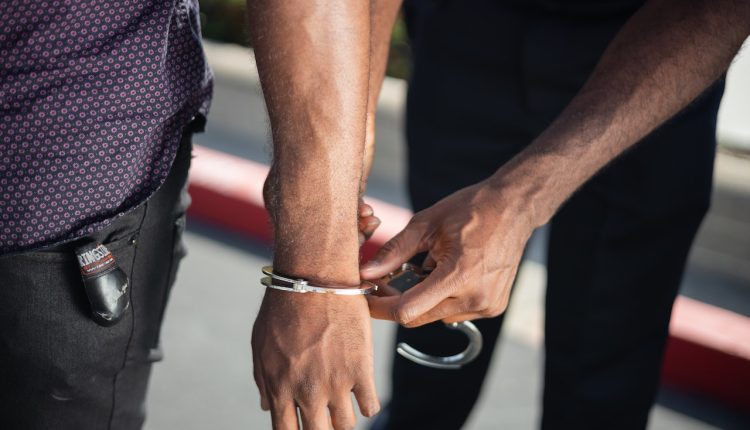Possible Defenses You Can Make Against a DUI/DWI Case In Denver
Driving under the influence of drugs or alcohol endangers the lives of all road users.
If convicted of DUI or DWI, you can face serious penalties, including jail time. However, the accused has the right to fight the charges. The right legal defence to DUI or DWI charges can lead to acquittal or reduced charges. An experienced DUI defence attorney can assess your case and help you defend against the charges.
Illegal Traffic Stop
The police need probable cause for a traffic stop. This means that they must have a reason to believe the driver or other vehicle occupants have broken the law, such as running a red light, speeding, or swerving. If the police pulled the driver over because the driver looked suspicious, that might not be considered probable cause. There are a few exceptions to this, including DUI checkpoints and roadblocks.
If you can prove that the police pulled you over without a legitimate cause, any subsequent evidence against you could become inadmissible in court. This is why one of the first things that DUI defence attorneys check is whether the traffic stop was legal.
It’s worth noting that a valid traffic stop does not automatically make the DUI arrest legal. The police must also have reason to believe the driver was under the influence. Additionally, the police are required to give you a Miranda warning before questioning the suspect. If they do not read you your rights, any incriminating statement may not be used as evidence.
Invalid Field Sobriety Tests
Field sobriety tests are used by police officers to determine if the driver is impaired by alcohol or drugs. There are various types of field sobriety tests. The most common are the walk and turn, stand on one leg, and horizontal gaze nystagmus tests.
An invalid or flawed sobriety test is a common defence used in DUI cases. Firstly, field sobriety tests are inherently subjective, as it is entirely up to the judgment of the police officer to decide whether the person passes or fails the test. Law enforcement officials can misinterpret the results of the sobriety test or make errors in recording the results. In addition, if they have a preconceived notion or bias against the driver, their judgment can be challenged.
In some cases, the accused has a medical condition or disability that prevents them from passing the test. For example, several medical conditions can impact a person’s ability to balance during the test. There could also be external factors that play a role in the test. For example, if the test is conducted on a wet or slippery surface, the accused may not be able to perform as expected.
Inaccurate Breathalyzer or Blood Test
Another common defence in DUI cases is to challenge the accuracy of the breathalyzer or blood test. These tests are used to determine blood alcohol concentration (BAC) levels. Any issues with the procedure, such as calibration of equipment or administration of the test, can be used as a defence against the charges.
Blood tests are generally more reliable than breathalyzer tests but are not immune from errors. The common causes for an inaccurate blood test include improper handling of blood samples or excessive time between the arrest and the blood test.
In some cases, a urine test is used to determine BAC levels, and that could be as inaccurate or unreliable as other tests. A DUI defence attorney can review the evidence to determine if an inaccurate or invalid breathalyzer, urine test, or blood test could be used as a defence against the DUI charges.
Rising Blood Alcohol Content
A common defence to DUI/DWI charges is rising blood alcohol content. Using the defence, you agree to the reliability and accuracy of the BAC test, but you contest the timing. The alcohol content in the blood rises over time. Using this defence, you are trying to prove that at that time of driving, your BAC was lower and then rose the measured amount at a later time when you were not driving.
In the state of Colorado, the legal BAC level is 0.08%. If you can prove that your BAC was less than this when you were driving, it could be a solid defence against the DUI. If more than one BAC test was conducted, then the results can be used to graph the BAC level over time. If the tests were conducted at the time when the BAC level was below 0.08%, then the case can be dismissed.
Contact a DUI Defense Lawyer
DUI charges should never be taken lightly. You should consult with an experienced DUI attorney from a reputed DUI defense law firm to determine the best course of action to defend against the charges. Your attorney may use a combination of defences to build a strong defence.
In cases where there is no evidence to support your defence or the opposing side has a strong case, your attorney may work to get a deal that you plead guilty in exchange for reduced charges, a less severe punishment, or a diversionary program. The advantage of plea bargaining is that you get some control over the outcome of the case. However, if you feel you are not guilty and have the evidence to support your claim, you have the right to fight the charges and maintain your innocence.




